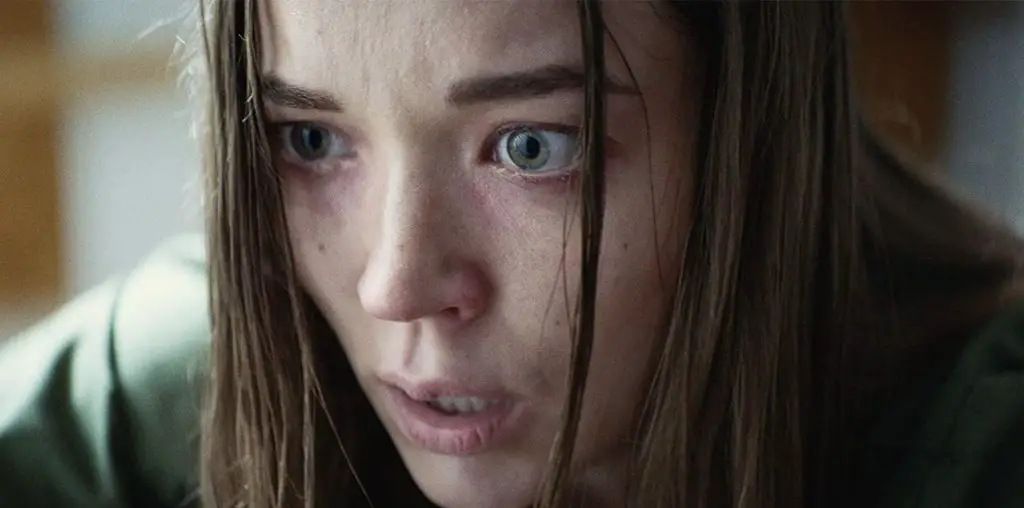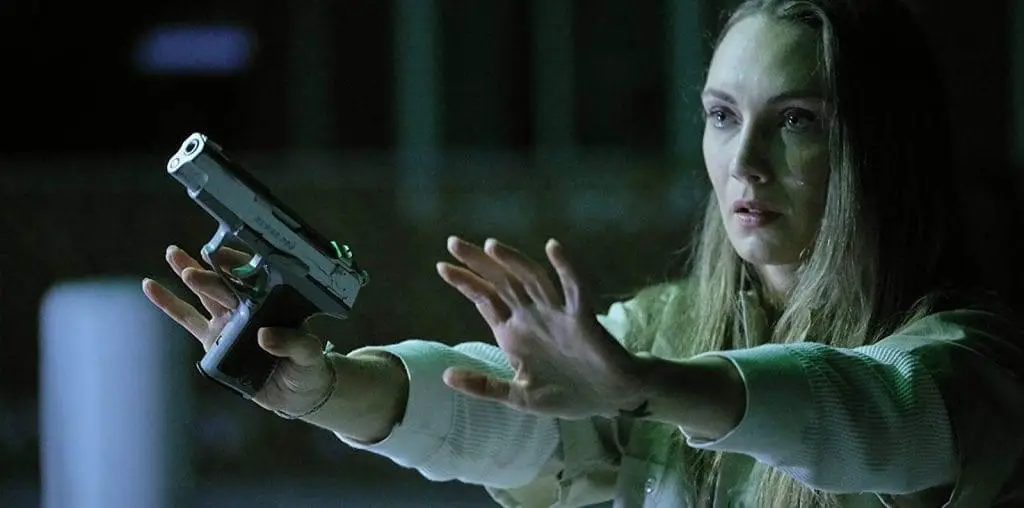
Filmed in Venice, filled with lovely costumes and even lovelier locations, Lasse Halstrom’s period drama-comedy “Casanova” (2005) is an exaltation of imagery. Unfortunately, the film itself is not as marvelous. Set during the mid-18th century, “Casanova” is about a young man (Heath Ledger) whose seductive ways and lascivious appetite for the ladies cause the local Catholic watchdog to grow anxious to catch and charge him with debauchery, fornication, and other “immoral” acts.
The plotlines involving the eluding of authorities and the wooing of a love interest create the recurring mistaken identity theme, which allows for verbal comedy and introduces the primary cast of characters: Francesca Bruni (Sienna Miller), the love interest; Andrea Bruni (Lena Olin), the mother; Giovanni Bruni (Charlie Cox), the brother; Paprizzio (Oliver Platt), Francesca’s betrothed; and Bishop Pucci (Jeremy Irons), an anti-fan of Casanova. By the time they have all made their first screen appearance, Halstrom’s film has gone from multi-faceted to convoluted.
The political slant in “Casanova” addresses women’s function in society as well as the ludicrousness of religiously informed accusations that people are surrendering to desire. Indirectly, Casanova must be tamed and who better to do it than Francesca, a progressive-minded brunette beauty who is a better duelist than her brother? But writers Jeffrey Hatcher and Kimberly Sini weren’t content to develop just this narrative thread, that of Casanova meeting Francesca for the first time in a duel of swords and then falling in love with her only to learn that she’s betrothed to Paprizzio, thereby prompting him to concoct a stew of fictions in order to nurture reciprocal affections.
In conjunction with Casanova wanting to go steady with one girl, and trying to make it happen, he has to manage the lies he’s told and keep away from the Vatican’s reins, specifically the ones belonging to Bishop Pucci. Jeremy Irons is fabulous (who knew he could do comedy?), but the gravity of his sub-plot, and the nooses near the film’s end are a bit off-putting. Halstrom’s film isn’t a re-interpretation of “Dangerous Beauty” (1998), Marshall Herskovitz’s film about a Venetian courtesan, so why not spare the audience of the humor-stifling seriousness?
There’s also an expository segment where child Casanova is dropped off at his grandmother’s house, a grandmother who tells his mother that being an actress is the same as being a w***e. Casanova stays in Venice waiting for his mother to come back for him. You do not forget about this part of the film. As it progresses and more characters are introduced, your thoughts shift from “what about his mother” to “what about the real Faprizzio” to “will Casanova and Francesca be together.”
“Casanova” is a stunning treat for the sense of sight, but what is attractive to the eyes may not suffice for the mind. Rather than ferry the viewer through a sophisticated, multi-level story where laughs and gasps serve each other, “Casanova” spirits one across a bad blend of fantasy and allegory. The behind-the-scenes featurettes included on the DVD may make renting a worthy venture as they let you forget the mediocrity of a film you have just seen.

